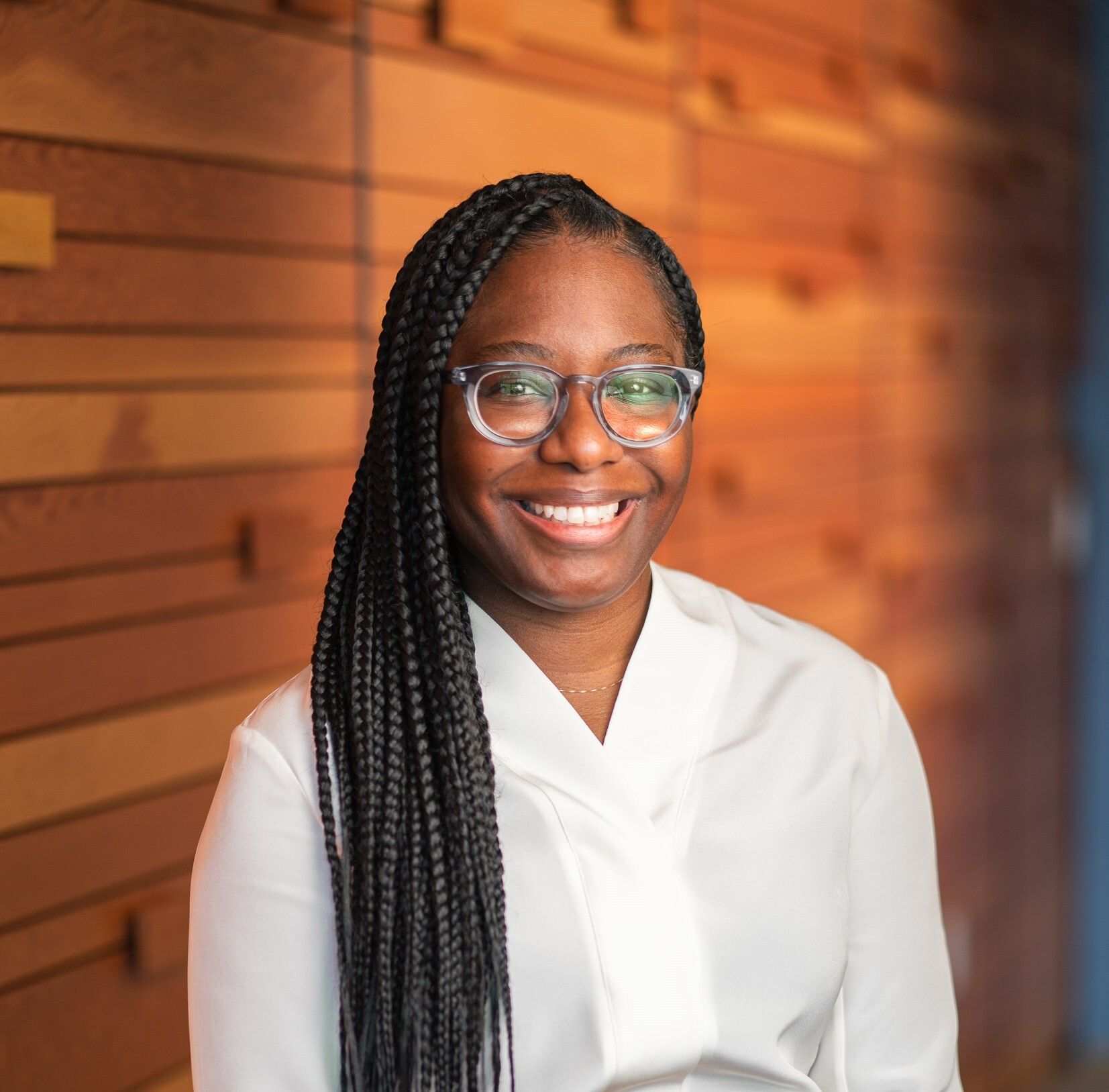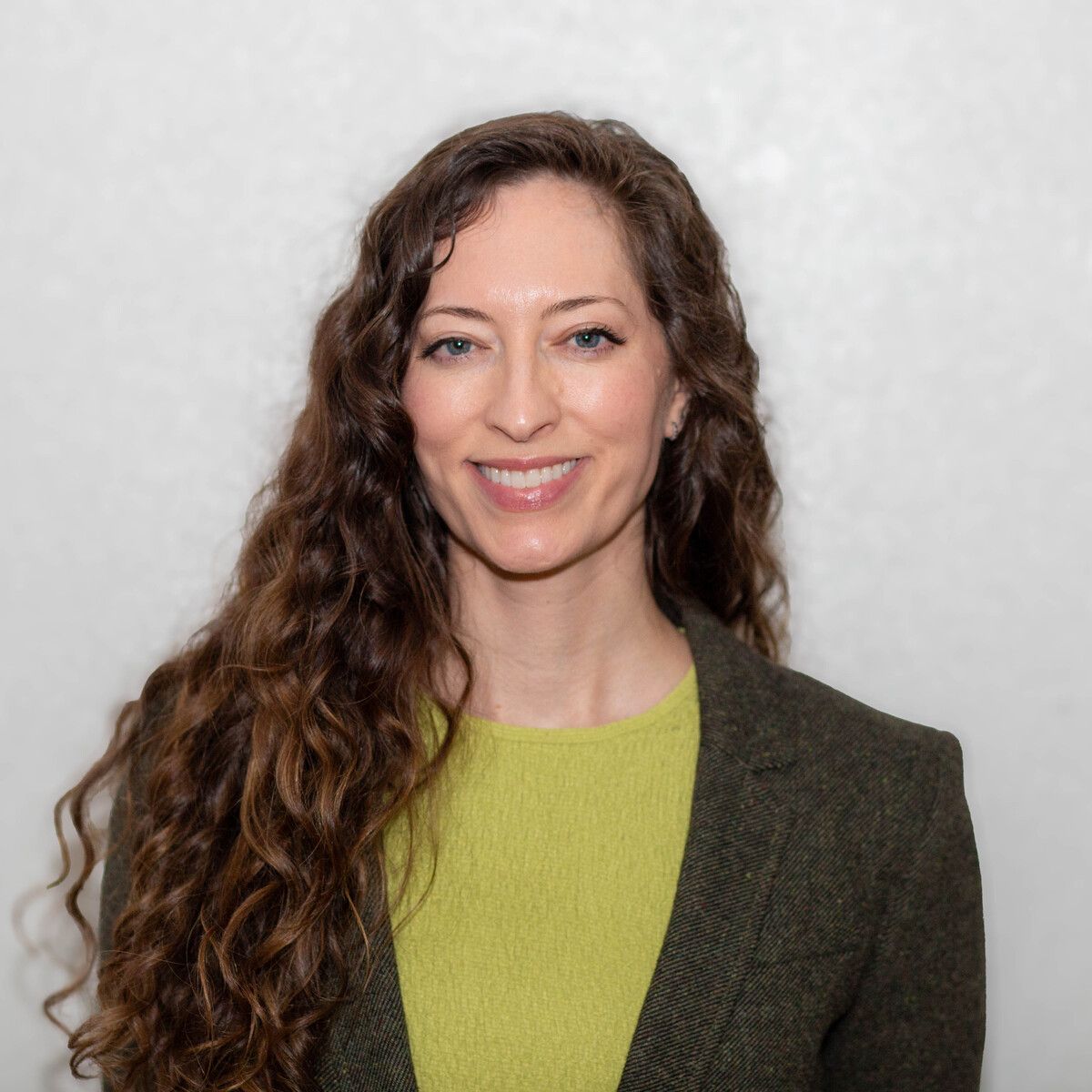
Seattle Foundation CEO and President Alesha Washington says nonprofits need supporters now more than ever. | Photo courtesy of Alesha Washington
What you probably already know: Nonprofits across the globe have lost billions of dollars in funding this year because of political turmoil and economic uncertainty. An increasingly polarized and unpredictable political climate, coupled with persistent staffing challenges, are the two biggest hurdles leaders in the United States face today, according to the Center for Effective Philanthropy’s State of Nonprofits 2025 report. These challenges lead to burnout, concern for the safety of the communities being served, and financial uncertainty, all while demand for nonprofit services increases.
Alesha Washington, president and CEO of the Seattle Foundation — an organization that advises philanthropists, supports nonprofits and leads strategies to address inequalities — gives her thoughts on the report’s findings and its implications for funders.
What advice do you have for donors given the current political climate? This isn’t really a time to back away from supporting nonprofits. We get and understand that fluctuations in the market — and what that means for people’s wealth or resources — are always considerations that donors are holding because we don’t know what the future will look like. But if there was ever a moment to bet, it feels like it’s right now. (We must) make sure that organizations have financial support, but also just the thought partnership around how they navigate times like this.
How are you engaging the next generation of donors? It’s really understanding that younger donors don’t necessarily approach philanthropy the same way that their parents or even their grandparents did. They want to be more deeply engaged in the work. They want to see more immediate results, and they’re looking for different tools to activate their philanthropy.
What does that look like in practice? What we have to be able to do at Seattle Foundation, and even entities like us, is find new ways to engage younger donors. (They need) to see the work and community firsthand to build community with each other so they can think about how we give as a collective and not just on our own, and then through data and through different tools. What supports them in having different ways to activate their giving, kind of at a glance and at their fingertips? That’s more of the future of what we’re seeing around giving.
Do you see a place for AI in the future of donor engagement? I think it’s already showing up in a number of ways — when someone goes to ChatGPT to think about, “I like this kind of issue and I want to give to this kind of community, and I want to support these types of organizations,” and it spits back all types of recommendations that someone can vet.
Tomorrow we’ll have the rest of the conversation, focusing on artificial intelligence, the DEI fallout, and a deeper dive into how politics is reshaping giving patterns.

